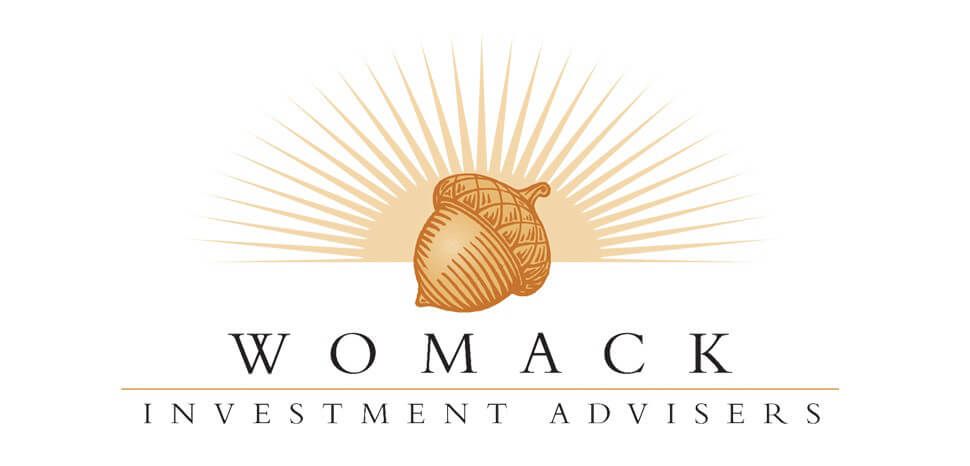1366 E 15th St, Edmond, OK 73013
Tel: (405) 340-1717 Fax: (405) 340-6091
Email: greg@womackadvisers.com
What Is Estate Planning?

Portfolio management is often confused with estate planning, but they are two very different things. Portfolio management is about managing your investments and growing your wealth during your lifetime. Estate planning is basically about what happens to your assets after you die. That includes creating a will, setting up trusts, and making arrangements for the care of your dependents.
It's essential to have an estate plan to take care of your loved ones after you die. Without one, your assets could not be distributed as you intend, and your family may have to go through the court system to settle your affairs.
Who Needs Estate Planning?
Estate planning is for everyone, regardless of how much money you have. Even if you don't have any significant assets, you should still create a will to designate a guardian for your minor children.
How Is The Process Of Estate Planning?
The estate planning process can sometimes be complex, but many resources are available to help you. You could start by meeting with a financial advisor to discuss your options and create a plan that meets your needs.
The process of estate planning can be divided into four main steps:
1. Identify your assets and liabilities.
2. Make a checklist of your goals and objectives.
3. Choose the right tools to achieve your goals.
4. Implement your plan.
How Does Estate Planning Work For Business Owners?
If you're a business owner, estate planning is especially important. Without a plan, your business may have to close its doors after your death. Estate planning can help you ensure that your business is passed on to the right person and continues to operate smoothly after you're gone.
What Are The Different Types Of Estate Planning Tools?
There are different estate planning tools available, and the right ones for you will depend on your goals and objectives.
Some common estate planning tools include:
- Wills: A will is a legal document that specifies how you want your assets to be distributed after your death.
- Trusts: A trust is a legal entity that can hold assets on your behalf. Trusts can be used for various purposes, including avoiding probate, minimizing taxes, and protecting your assets from creditors.
- Powers of Attorney: A power of attorney is a legal document that gives someone else the authority to make financial decisions on your behalf. That can be helpful if you become incapacitated and are unable to make decisions for yourself.
- Advance Directives: An advance directive is a legal document that allows you to specify your medical treatment preferences if you can't make decisions.
Estate planning is a complex process, but it's important to put a plan into action to protect your loved ones and your assets. Working with a financial planner can help you create a plan that meets your unique needs.
Get Your Estate Planning Started With Professional Advisers!
At Womack Investment Advisers, we are here to help you with estate planning every step of the way. We're aware that this can be a difficult and overwhelming process, so we offer our expertise and knowledge to help make things as smooth and stress-free as possible for you.
There are a lot of important factors to consider when it comes to estate planning, and we'll be working with you to make sure that all of your bases are covered. We will help you identify your goals and create a specific plan for your needs. We will also provide the best way to structure your assets to minimize taxes and maximize benefits for your loved ones.
Womack Investment Advisers, Inc. (WIA) is a registered investment adviser whose principal office is located in Oklahoma. Womack Investment Advisers, Inc. is also registered in the State of California, the State of Illinois, the State of Indiana, and the State of Texas. WIA only transacts business in sates where it is properly registered, or excluded, or exempted from registration requirements.
The Legal Stuff
Useful Links
Contact info
Get Our Weekly Newsletter!
Contact Us
Thanks! You'll start receiving our valuable newsletter to your inbox weekly!
Please try again later

